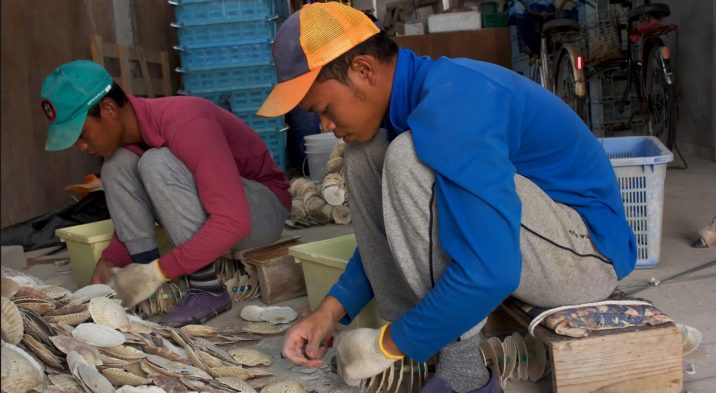
The Guardian | 8 November 2018
Japan – once one of the world’s most homogenous societies – is starting to unwind its traditional opposition to large-scale immigration.
One by one, Mohammad and Munadi thread scallop shells on to thin metal rods, breaking the monotony with quiet chatter in their native Javanese. The shells will soon be used to cultivate oysters, a speciality in this region of western Japan.
Neither of the men, crouching on the floor of a shed overlooking Japan’s Inland Sea, had even seen an oyster before they came to Akitsu, a tiny port town in eastern Hiroshima prefecture, in April this year.
They are part of a growing foreign workforce that policymakers see as a solution to Japan’s shrinking, ageing population and a stubbornly low birthrate.
Under pressure from businesses battling the tightest labour shortage in decades, Japan’s government has finally been forced to relax its tough immigration policy.
CLICK TO READ ARTICLE